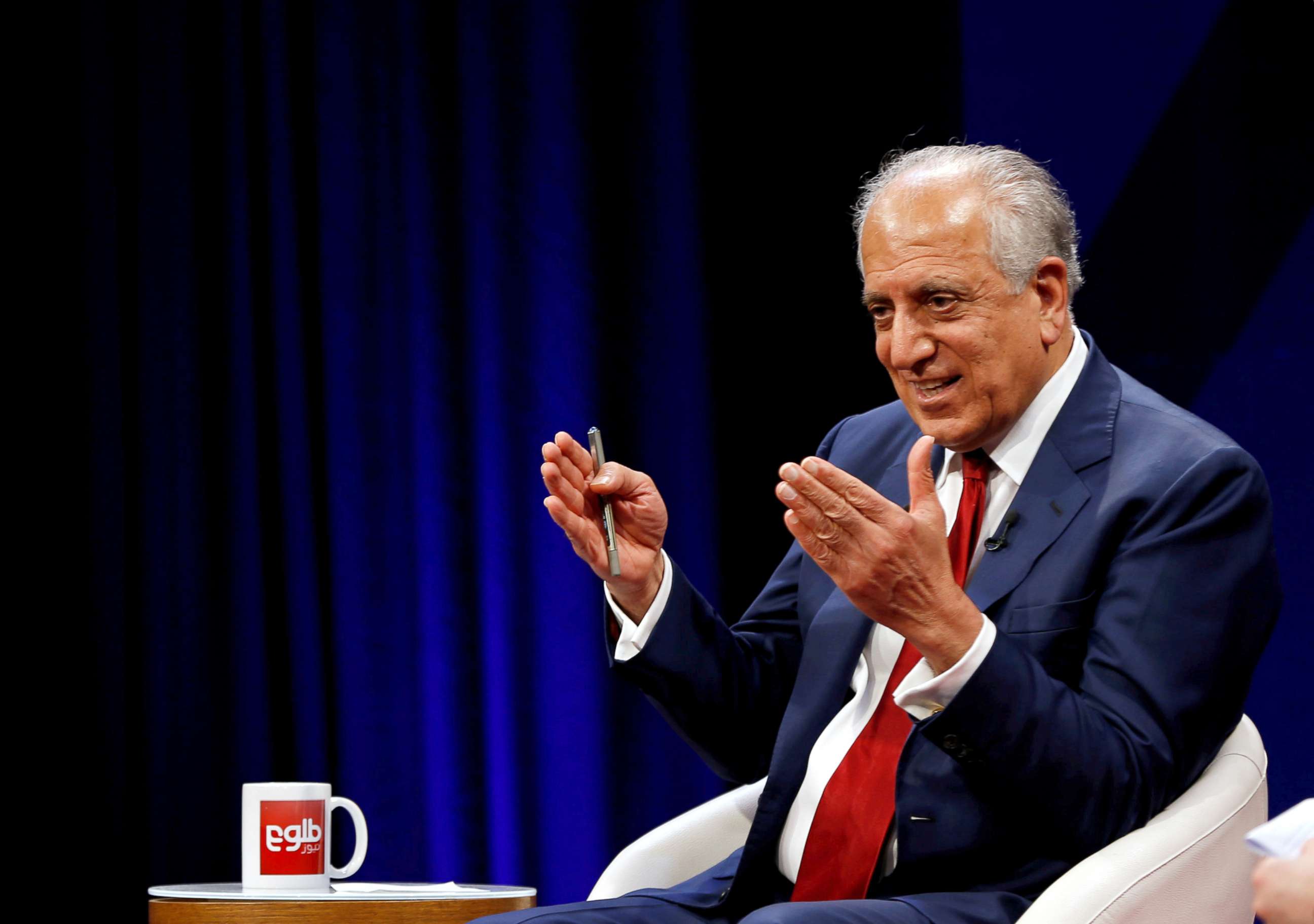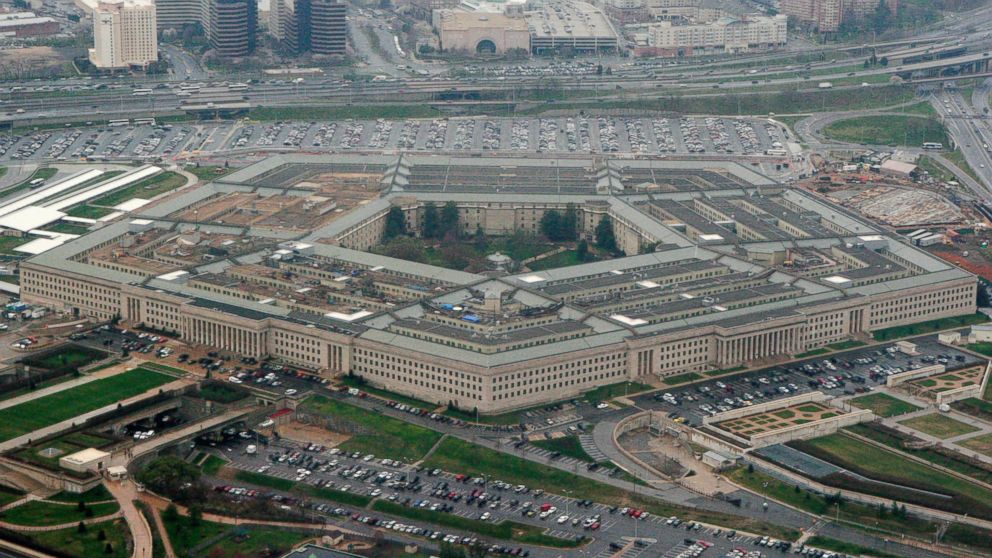Pentagon wants to help Afghan insurgents willing to enter ceasefire
The Pentagon is requesting the ability to provide lodging and transportation to insurgent groups in Afghanistan that are looking to implement local ceasefires with the Afghan government, the Pentagon said on Thursday.
The decision to request the authority came after a largely successful ceasefire was implemented between the Taliban and Afghan government last summer.
"Following the June 2018 ceasefire in Afghanistan, the Commander of U.S. Forces--Afghanistan requested the authority to use funds to facilitate meetings between the Afghan government and insurgent groups looking to implement local ceasefires in order to be poised to take advantage of further opportunities to reduce levels of violence in the country should such opportunities present themselves," Pentagon spokesperson Cmdr. Rebecca Rebarich told ABC News.
The funds could go to lodging and transportation for militants if that was required to get all parties to the negotiating table "in areas that are difficult to access otherwise," Rebarich said, adding that no U.S. military vehicles or aircraft would be used.
No Pentagon funds have been used for such a purpose. Instead, the Pentagon made the request in anticipation of possible scenarios in the future, according to Rebarich.

The acknowledgement by the Pentagon follows an apparent miscommunication with the House Appropriations Subcommittee on Defense, which appeared to interpret the request as related to the ongoing U.S.-Taliban reconciliation efforts led by Ambassador Zalmay Khalilzad.
In response to the perceived request from the Pentagon, the committee included language in its proposed defense spending bill released this week that states, "None of the funds made available by this Act may be used to pay the expenses of any member of the Taliban to participate in any meeting that does not include the participation of members of the Government of Afghanistan or that restricts the participation of women" -- two criticisms of the U.S.-Taliban negotiations that are not relevant to local ceasefire discussions between the Afghan government and insurgent groups.
Still, the miscommunication highlights the multiple tracks that the U.S. is pursuing to bring about a negotiated end to the war in Afghanistan.
U.S. and Taliban representatives concluded the sixth and latest round of peace talks in Qatar earlier this month, which a Taliban spokesperson called "positive in total."
Khalilzad tweeted that the two sides "made steady but slow progress on aspects of the framework for ending the Afghan war," but added that "the current pace of talks isn't sufficient when so much conflict rages and innocent people die."
At the same time those talks were concluding, the Taliban claimed responsibility for an attack on a U.S. non-profit organization in Kabul that killed at least nine people. Meanwhile, seven U.S. service members have been killed in combat-related events in Afghanistan in 2019.
"A key priority for the administration is to end the war in Afghanistan through a negotiated peace settlement between the Afghan government and the Taliban, and the U.S. is working to help facilitate such a settlement," Rebarich said. "The United States also supports local peace initiatives between the Afghan government and insurgent groups looking to cease hostilities against the Afghan Government and coalition forces."




